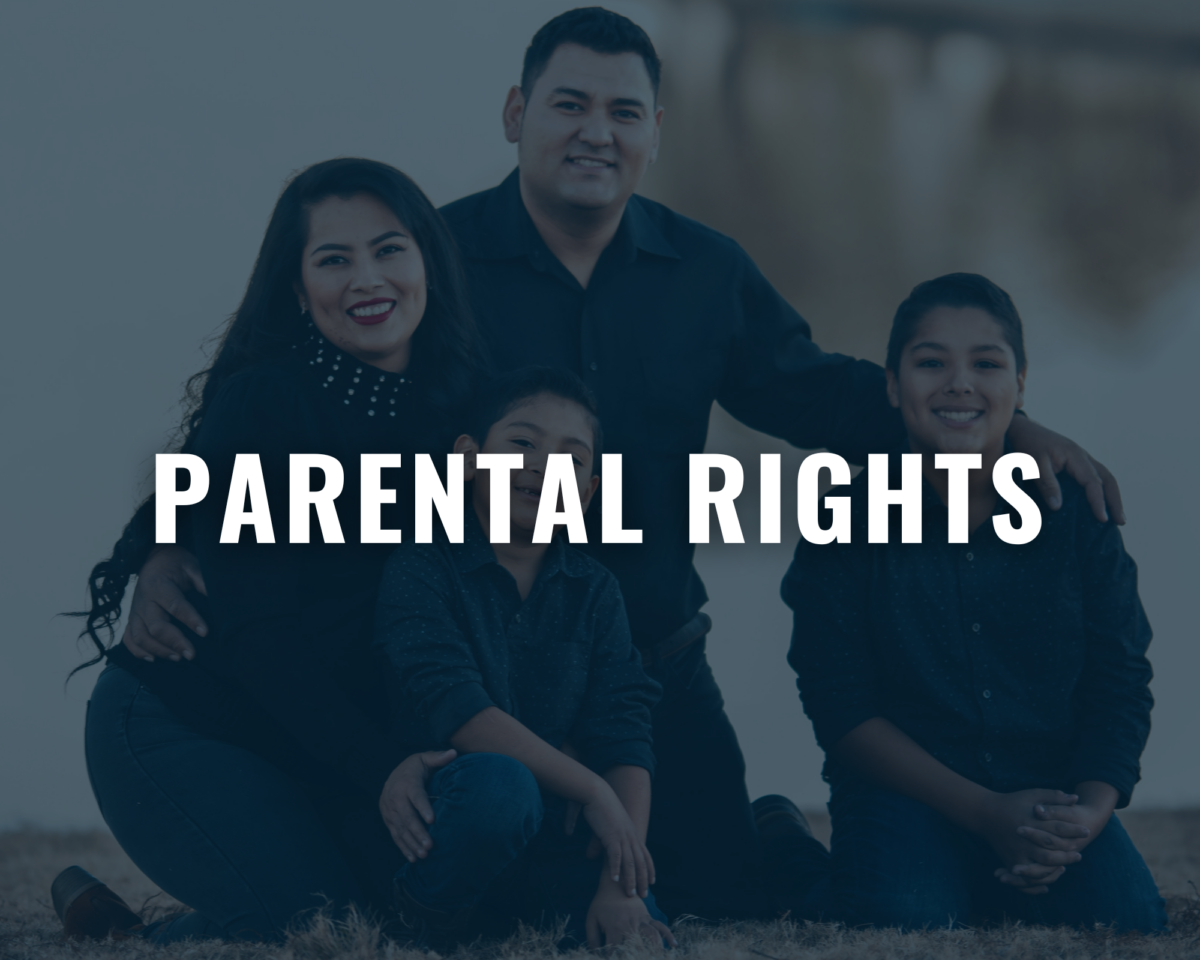What You Need to Know:
The following summary consists of bills we've highlighted that are specific to our focus, expertise, and interests, or made it to our watch list.
- To view the actual bill language or see who is sponsoring it, the bill title is linked for your convenience.
- Bills are listed in numerical order by chamber.
- The color coding for bills is as follows:
Green = We SUPPORT the bill
Red = We OPPOSE the bill
Blue = We have NO OFFICIAL Stance
The bill status will be listed as follows:
- In COMMITTEE = The beginning of the process - the bill has been filed and assigned to a particular committee.
- On READY LIST = The bill passed the committee and is ready to be heard in either the House or Senate chamber.
- TABLED = After the bill was assigned to comittee, it was set aside and not advanced to the House or Senate Ready List.
- PASSED = One or both chambers voted in favor of the bill. (**This status will notate if the bill passed only one chamber - i.e., 'PASSED the House.').
- DEFEATED = The bill did not receive enough votes in either or both chambers.
- SIGNED = Both chambers voted in favor AND the Governor signed the bill.
Parental Rights & Family
Bill Status: On HOUSE Ready List
Commercial entities that produce pornographic material will be required to obtain age verification before allowing access to their online sites. A civil penalty of $250 will be imposed per violation. This means violations will accumulate for every click a minor takes within the website.
There are a number of studies that discuss the harms of pornography within society. Our young people are feeling the direct brunt of those harms; one such study of college males found that 49% of them saw pornography for the first time before they were 13 years old! These companies need to be held accountable for their hand in the sexualization of our young people.
Though HB 265 is a great step in the right direction, following a handful of other states that have also begun to require some form of age verification, it also highlights an area of vulnerability that needs to be addressed.
The bill’s definition of material harmful to minors includes the clause that “when taken as a whole, [it is] lacking in serious literary, artistic, political, or scientific value for minors.” What does that mean exactly? If material shows “nudity, sexual conduct, sexual excitement, or sadomasochistic abuse,” it could be okay if the material can also be shown to have artistic or even political value? For example, an AP English class in Smyrna was under scrutiny just a few of years ago because of the extremely sexually explicit verbiage found in one of their literature assignments. Material that is inappropriate for children, is simply that – inappropriate for children. Period.
Bill Status: SIGNED
Individuals or organizations involved in child care must meet certain requirements to obtain or renew their child care license, including making sure that all enrolled students from birth to 5 years have completed an annual development and social-emotional screening.
HB 45 allows parents to decline this screening without affecting the child care entity’s licensure. It may seem trivial, but social-emotional screening in these contexts are often riddled with critical race theory/diversity equity and inclusion, among other problematic ideologies. They tend to view student interactions and experiences through a lens of ‘inequities for brown and black students,’ teaching perpetual victimhood. Social emotional learning also takes the stance of students having ‘autonomy and the agency to decision-make’, often separate from the counsel and guidance of their parents.
Parents should have the right to determine if and/or when their child is introduced to such ideals and, HB 45 allows them to do so without fear of being pressured by their childcare provider.
Bill Status: In COMMITTEE
Currently, Delaware law allows police officers to enter private property to enforce custody orders from the Family Court. HB 216 would make this allowance a requirement.
This is grossly problematic when combined with another bill awaiting a hearing in committee, HB 230, which would allow the state to assert emergency jurisdiction over children whose parents are ‘unable’ to provide ‘gender-affirming care.’ The ambiguity of the language means that this provision could apply whether parents can’t afford the transition, or simply choose not to transition their children.
If both HB 216 and HB 230 passed, the state could be REQUIRED to enter private property to remove children who are not being allowed to transition within their parents’ home.
Bill Status: TABLED in Committee
The only saving grace to HB 216 would be HB 217, sponsored by the same two legislators. It would seem as if they attempted to correct the problem that they created.
HB 217 does six distinct things in an attempt to preserve parental rights:
- Ensures notice of allegations for ‘child abuse’ be given in writing AND orally;
- Gives parents the right to seek legal counsel before they speak to the Department of Services for Children, Youth, & their Families (DSCYF);
- Provides the right to refuse entry to a DSCYF agent;
- The right to withhold consent of any medical examinations of their children;
- The right to refuse a drug test; and
- The right to consult with their legal counsel again before signing and agreeing to any plan created by the state.
It is important to note that Number 3 is only a partial remedy; DSCYF agents who have been denied entry into a home could simply have a police officer enter in their place. Nonetheless, HB 216 does outline significant rights for parents in light of HB 216.
Parents who willfully harm their children are the exception, not the rule. Any policies regarding protecting children need to take that into account and not automatically vilify the parent as the non-ally.
Bill Status: In COMMITTEE
HB 230 is one of the worst bills introduced this session. It would allow the state to take “emergency jurisdiction” over children, both in and out of the state, who are “unable to obtain gender-affirming care.” It also would shield medical professionals from liability, thus eliminating medical accountability and preventing any recourse for individuals permanently harmed by gender transition.
Because of SB 65 which was passed in 2017, if a child is experiencing gender dysphoria, the only advice a licensed counselor is legally allowed to give is for helping the child transition. Once children decide that they want to transition their gender, the public school, counseling, and medical systems fast track children toward using puberty blockers, cross-sex hormones, and amputation or mutilation of healthy reproductive organs in an attempt to transition.
The sponsors of HB 230 claim that gender transition is necessary to prevent suicide. It is in fact quite the opposite – transitioning a child often increases the risk of suicide.
Children who struggle with gender dysphoria already suffer from increased risk of suicide, mental health disorders, substance abuse, and other issues. We should be protecting these children by addressing these underlying issues, rather than pushing them toward sterilization and mutilation when they are at their most vulnerable stage in life.
Bill Status: In COMMITTEE
Just a couple of days after HB 217 was tabled in its committee, HB 240 was filed with one additional senator joining in as a sponsor.
Imperfect as it may be, HB 216 has no business passing without some level of a safeguard to parental rights that HB 240 could potentially provide.

